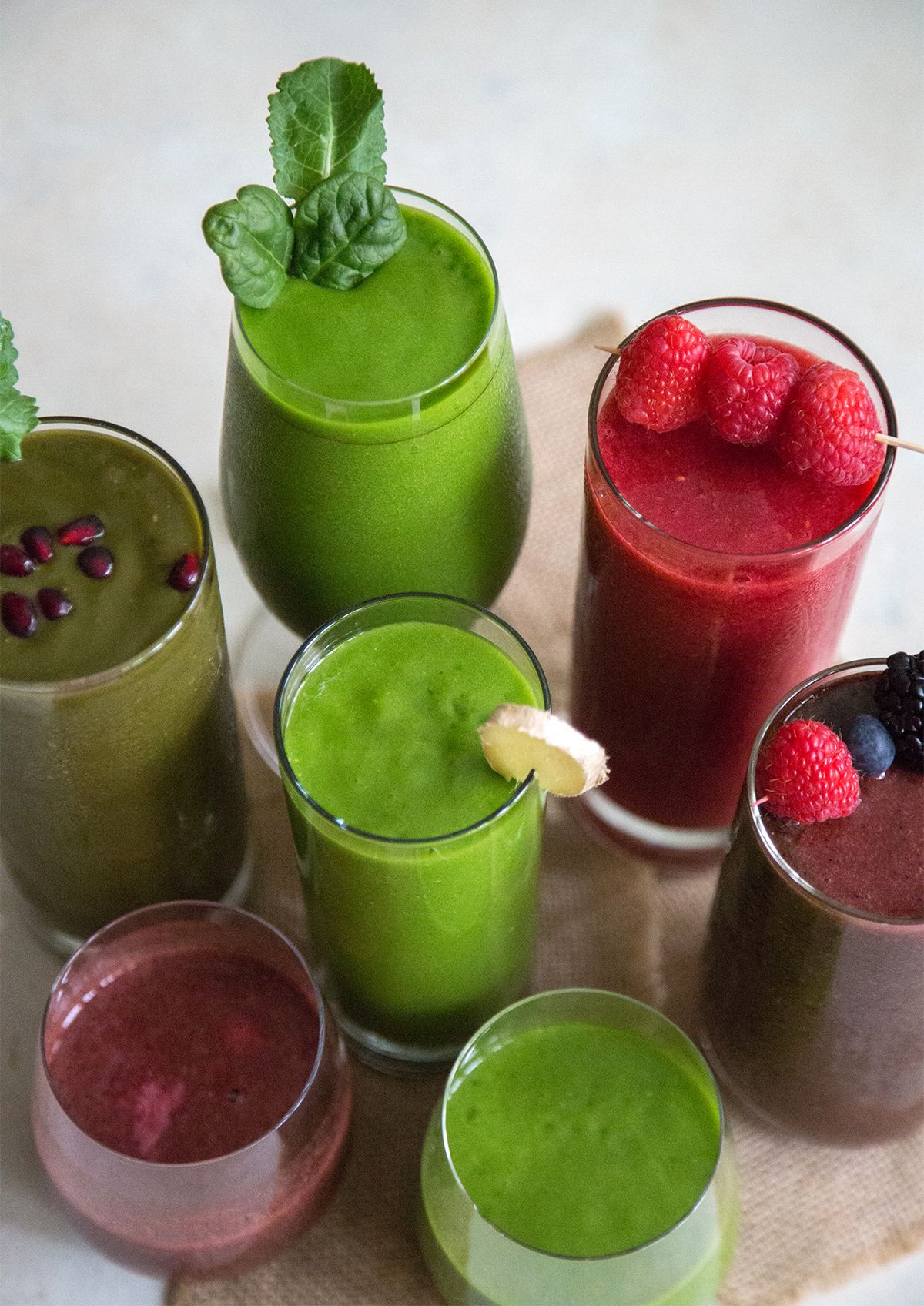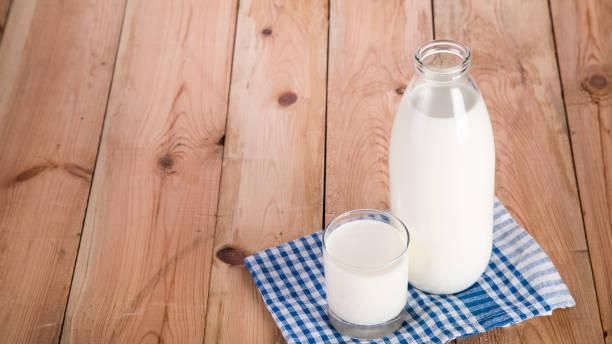Beet Juice Health Benefits
One of the more popular health juices on the market is beet juice, thanks to its incredible wealth of nutrients, including minerals, vitamins, fiber, and unique antioxidants. Beet juice is derived from the beetroot, which is the taproot of the beet plant, bearing the scientific name Beta vulgaris. Beets have been an important cultural and culinary element for thousands of years, stretching back across European history and beyond. These plants have long been cultivated for their bright-red taproots and were known early on for their potential medicinal uses. Here are some Beet Juice Health Benefits.
Beet juice is a very common way of enjoying this root vegetable’s health potential, as it extracts a high level of the nutrients from the beet, and is relatively pleasant to drink. As mentioned above, the capacity of this juice to improve certain medical conditions made it a cure-all tonic in many older cultures, and it is still considered one of the healthier juices for at-home treatment. Boasting significant levels of vitamin A, vitamin C, iron, calcium, protein, B vitamins, zinc, copper, choline, and selenium, as well as rare antioxidants called betalains, this fruit juice can do your body a world of good!
Benefits Of Beet Juice

The most important benefits of beet juice include its ability to lower blood pressure, aid digestion, boost cognitive health, prevent cancer, protect the bones, detoxify the body, support vision, eliminate inflammation, increase energy, stimulate libido, and manage diabetes, among others.
Improves Digestion
With anti-inflammatory properties and a high level of soluble and insoluble fiber, one of the best benefits of beet juice is the impact it has on digestion. It can quickly clear up [5] constipation and promote peristaltic motion, which can ease symptoms of cramping, bloating, and excess gas.
Reduces Inflammation
Betaine, the unique antioxidant found in beet juice, has a measurable effect on inflammation of the tissues, as well as on enzyme production and hormone balance. This means that betaine is able to soothe conditions ranging from arthritis and irritable bowel syndrome (IBS) to headaches and gout!
Improves Liver Health
The detoxifying effects [7] of beet juice have been known for centuries, and modern research has shown that it can indeed protect and support liver health, while inducing urination, helping to expel excess toxins and fats from the body.
Controls Diabetes
There is a significant amount of soluble fiber found in beet juice, which can not only help with your digestion but will also keep your blood sugar levels under control [3]. When a single 8-ounce glass of beet juice is consumed every day, research has shown that it can do wonders for protecting diabetics and lowering the risk of diabetes for other people.
Regulates Blood Pressure
Perhaps the most famous and important use of this natural juice is for high blood pressure. When drinking this beverage, the impact it can have [1] on hypertension is almost immediate. This is most likely due to the presence of nitrates, which can relieve tension in the veins and arteries, allowing the cardiovascular system to relax.
Rich in Vitamin A
The presence of [8] beta-carotene in beets is quite significant, meaning that this vegetable juice can have a serious effect on vision. Vitamin A functions as an antioxidant that can seek out and neutralize free radicals in the retina, preventing macular degeneration and slowing down the onset of cataracts.
Prevents Cancer
A great deal of research has been done on the antioxidant potential of beets, namely because beet juice possesses two very rare substances [4] – betaine and vulgaxanthin. Due to the free radical-fighting nature of these substances, exciting research is being done on their potential impact on cancer. Some studies have already found that the active ingredients in beet juice can prevent tumor formation and leukemia, and even improve the health of people who were diagnosed with inoperable, terminal cancers.
Boosts your Sex Drive
For thousands of years, beets have been considered natural aphrodisiacs, which can be attributed to the presence of boron, nitric acid, iron, vitamin C, and other minerals that play a role in sex hormone production [10] and circulation.






